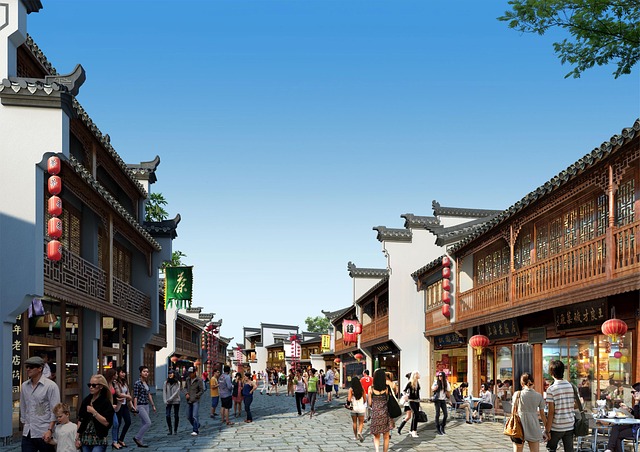Commercial and industrial roofs face unique challenges demanding robust, durable Commercial Roofing Solutions. Key considerations include material choice (EPDM, TPO), proper flashing & sealing, water management, ventilation, insulation, and regular maintenance. Modern technologies enhance installation efficiency, material durability, and leak detection. Best practices, case studies, and sustainable materials guide future trends in Commercial Roofing Solutions for industrial buildings, ensuring longevity, energy efficiency, and cost savings.
Roofs are integral to industrial properties, withstanding harsh conditions and supporting vast structures. This article delves into the intricacies of commercial roofing solutions designed for these demanding environments. From understanding unique demands and common challenges to exploring robust materials, efficient installation, and proactive maintenance, we cover key aspects. Additionally, we present case studies highlighting successful projects, preview future trends, and offer cost-effective options for budget-conscious businesses seeking top-tier commercial roofing solutions.
Understanding Commercial Roofing Demands
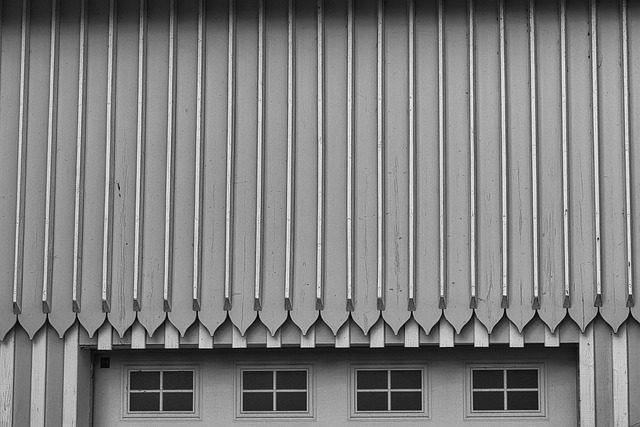
Commercial roofing demands a unique set of considerations compared to residential roofs. Industrial properties often feature larger and more complex structures, requiring robust and durable roof systems that can withstand heavy loads, extreme weather conditions, and high levels of traffic. These buildings may house sensitive equipment or valuable assets, necessitating commercial roofing solutions with superior protection against leaks and damage.
The choice of materials plays a crucial role in meeting these demands. Commercial roofs typically use flat or low-slope membranes, such as EPDM (Ethylene Propylene Diene Monomer) or TPO (Thermoplastic Olefin), known for their longevity and resistance to chemicals and UV rays. Additionally, proper flashing, sealing, and drainage systems are essential to ensure water does not seep into the building’s structure, preventing costly repairs and potential safety hazards.
Common Challenges Faced by Industrial Roofs
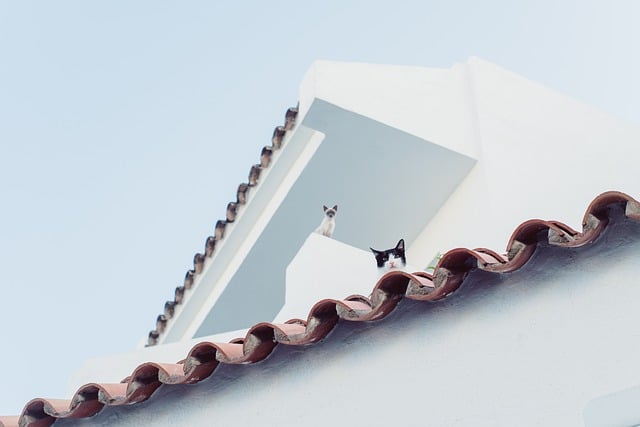
Industrial roofs face unique challenges due to their size, complexity, and heavy loads. One of the primary concerns is durability; these structures often require robust commercial roofing solutions that can withstand harsh weather conditions, including intense winds, heavy rainfall, and extreme temperatures. The constant exposure to these elements can lead to accelerated wear and tear, making regular maintenance and repairs essential.
Another challenge is the management of internal heat build-up. Large industrial spaces tend to generate significant heat, which can impact the efficiency of HVAC systems. Proper ventilation and insulation become critical to mitigate this issue. Additionally, with many industrial roofs featuring flat or slightly pitched surfaces, drainage becomes a concern. Effective water management strategies, such as proper guttering and drainage systems, are necessary to prevent water damage and ensure the longevity of the roof structure.
Key Components of a Robust Commercial Roofing System

A robust commercial roofing system is comprised of several key components that work in harmony to protect buildings and their contents from the elements. Firstly, the base layer, often made from durable materials like asphalt or metal, serves as a protective barrier against rain, snow, and UV rays. This foundational layer is crucial for sustaining the overall integrity of the roof.
Above this lies the insulation, which plays a vital role in energy efficiency by regulating indoor temperatures. Proper ventilation systems are also essential to manage roofing temperature, prevent moisture build-up, and extend the lifespan of the system. Together, these components offer commercial roofing solutions that combine durability, energy savings, and long-term protection for industrial properties.
Choosing the Right Material for Industrial Properties

Choosing the right roofing material for industrial properties is a crucial step in ensuring long-lasting protection and optimal performance. In the world of commercial roofing solutions, several factors come into play when selecting materials that can withstand the rigors of heavy machinery, frequent foot traffic, and harsh weather conditions. First and foremost, durability should be at the top of the list. Industrial roofs often bear the brunt of environmental elements, extreme temperatures, and heavy loads, making it essential to opt for materials that can resist wear and tear over time.
Among the popular choices are metal roofing systems, known for their exceptional strength and longevity. Steel and aluminum offer excellent corrosion resistance, a key advantage in industrial settings where moisture and varying weather conditions might pose issues. Additionally, these materials provide superior fire resistance, which is a critical safety feature for any commercial property. Alternatively, flat roof membranes made from synthetic materials like EPDM (Ethylene Propylene Diene Monomer) or TPO (Thermoplastic Olefin) offer cost-effective solutions, easy installation, and excellent durability against UV rays and chemical exposure, making them suitable for various industrial applications.
Efficient Installation Processes and Modern Techniques

In today’s digital era, efficient installation processes and modern techniques have revolutionized commercial roofing solutions for industrial properties. Automated systems and precision engineering ensure faster, more accurate installations, reducing downtime and labor costs significantly. Advanced materials like high-performance membranes and lightweight composites offer superior durability and insulation, extending the lifespan of roofs while enhancing energy efficiency.
These innovations also incorporate smart technologies that facilitate monitoring and maintenance. Sensors can detect leaks, temperature fluctuations, and structural integrity issues early on, allowing for proactive repairs. Integrating these modern techniques not only streamlines installation but also ensures optimal performance and longevity for industrial rooftops, contributing to overall operational efficiency and cost savings.
Maintenance Strategies for Longevity and Performance
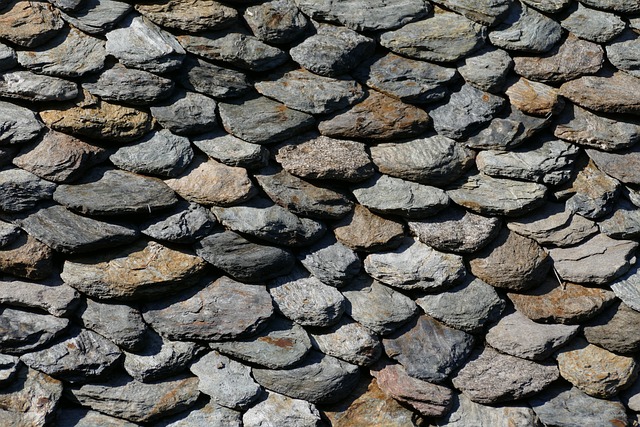
Regular maintenance is key to ensuring the longevity and optimal performance of industrial roof systems. A well-maintained commercial roofing solution can last for several decades, providing robust protection against harsh weather conditions, extreme temperatures, and potential hazards. This involves routine inspections to identify any signs of damage, such as missing or damaged shingles, leaks, or mold growth. Promptly addressing these issues through repairs or replacements is essential to prevent further deterioration.
Implementing a preventive maintenance schedule includes cleaning gutters and drains to avoid water buildup, sealing seams and joints to minimize leakages, and applying protective coatings to shield the roof from UV rays and extreme temperatures. These strategies not only extend the lifespan of industrial roofs but also ensure they maintain their structural integrity, contributing to the overall efficiency and safety of the property.
Case Studies: Successful Industrial Roofing Projects
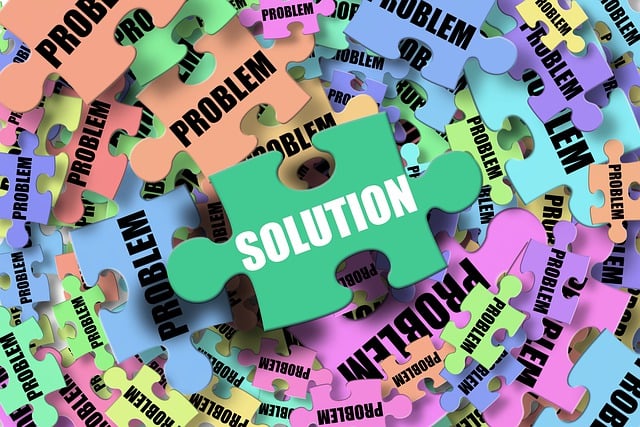
Successful Industrial Roofing projects offer valuable insights into best practices for commercial roofing solutions. Case studies demonstrate how innovative design, robust materials, and meticulous installation have extended the lifespan of industrial roofs, enhancing structural integrity and reducing maintenance costs. For instance, a recent project involving a sprawling warehouse complex utilized a multi-layer membrane system, incorporating high-performance adhesives and reinforced flashings to combat extreme weather conditions prevalent in the region.
These case studies also highlight the importance of tailored solutions. Every industrial property faces unique challenges – from heavy loads due to extensive interior equipment to exposure to harsh chemical fumes or acidic rain. Expert roofing contractors must assess these specific issues to recommend appropriate roof systems. By learning from successful implementations, industry professionals can navigate complex projects, ensuring long-lasting and reliable commercial roofing solutions for diverse industrial settings.
Future Trends in Commercial Roofing Solutions
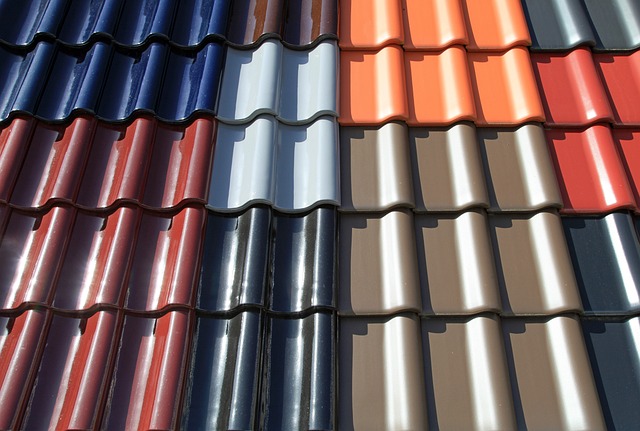
The future of commercial roofing is set to be transformed by innovative solutions, driven largely by advancements in technology and a growing focus on sustainability. One prominent trend is the adoption of smart roofing systems that integrate sensors and data analytics for predictive maintenance. These systems can monitor roof conditions, detect leaks early, and optimize energy efficiency through intelligent design. For instance, lightweight, reflective materials are gaining popularity, offering not only reduced environmental impact but also lower cooling costs for businesses.
Additionally, modular and prefabricated roofing solutions are expected to grow in prominence, especially for large-scale industrial properties. These systems offer faster installation times, reduced construction waste, and the potential for enhanced structural integrity. As green building standards continue to evolve, commercial roofing manufacturers will need to adapt by incorporating more eco-friendly materials and designs, further solidifying the place of sustainable Commercial Roofing Solutions in the future.
Cost-Effective Options for Budget-Conscious Businesses
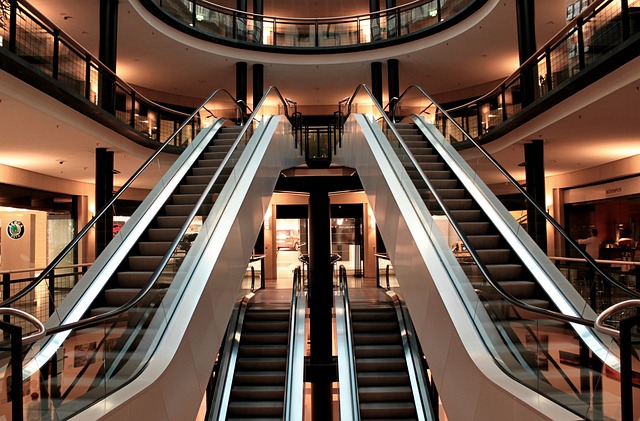
When it comes to commercial roofing solutions for industrial properties, budget-conscious businesses have several cost-effective options to choose from. Flat roofs are a popular choice due to their simplicity and lower material costs compared to pitched or curved designs. Additionally, single-ply membranes like EPDM (Ethylene Propylene Diene Monomer) and TPO (Thermoplastic Olifin Polyolefin) offer excellent durability and long-term savings on replacement expenses.
One of the most attractive features of these commercial roofing solutions is their ease of installation. Flat roofs require less labor, reducing overall installation costs. Moreover, many manufacturers provide extensive warranties, further enhancing the value proposition. By opting for flat roofs or single-ply membranes, businesses can effectively manage their roofing expenses while ensuring reliable protection for their industrial facilities.
